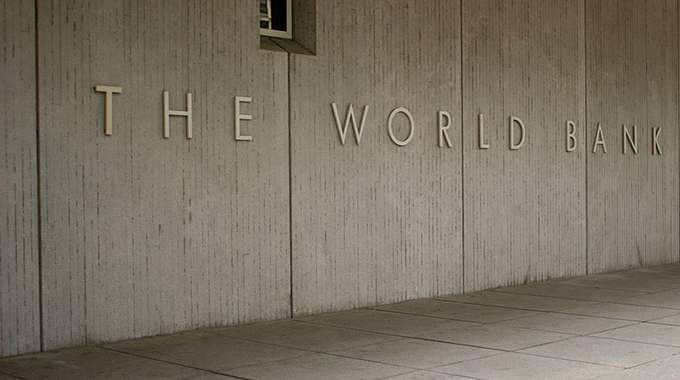Zimbabwe has potential for digital entrepreneurship development: World Bank

Business Reporter
Zimbabwe has good potential for the development of digital entrepreneurship given its highly educated populace and positive attitude towards entrepreneurial risks, according to a latest report by the World Bank launched last week.
The report also noted that coupled with an enabling environment to eliminate challenges impeding growth, the opportunities were limitless.
The online launch was attended by senior officials in the Office of the President and Cabinet including Mr Jacob Charles Wekwete, head of the e-Government Unit and Deputy Chief Secretary in the Office of the President and Cabinet, Ambassador Nicholas Kitikiti, who is in charge of Policy Analysis, Development Planning and Coordination.
The potential is also enhanced by the private sector keen to support entrepreneurship and commitment by the Government to improve regulatory environment.
The report defined digital entrepreneurship as a process of designing, launching and running a new business using novel digital technologies.
Digital entrepreneurship is thus characterised by a high intensity of utilisation of new digital technologies to improve business operations, invest in new digital business models, sharpen business intelligence and engage customers and stakeholder using digital channels.
The global Covid-19 pandemic has presented the critical role of digital tools to enable business continuity and resilience when physical movements are restricted.
According to the report, the challenges that need to be cleared include limited access to market data, tight onerous regulations, limited start-up capital and complex tax regime for entrepreneurs.
“As digital entrepreneurship makes a journey from the idea to expansion, their financing also needs to evolve,” read part of the report. “Typically, these can range from US$5 000 to US$10 000 at the prototype stage to a few million US dollars at expansion.
“Various financial instruments are also needed, ranging from grants at the seed stage, to equity and patient capital at later stage.” The World Bank report also noted the Government has an opportunity to further digital entrepreneurship policy implementation framework to improve regulatory and financing environment.
Additionally, there is also need to strengthen institutional ownership and capacity in government of the entrepreneurship agenda and establish a systematic dialogue between public and private sector on how entrepreneurship can be accelerated.
The report comes at a time when the digital way of life has become central to peoples’ daily lives, accelerated by the restrictions imposed by the Covid-19 pandemic.
In this spirit, the diagnostic of Zimbabwe’s digital economy focuses on the current state of Zimbabwe’s digital ecosystem: both its strengths and weaknesses and opportunities for future growth.
This diagnostic is part of the World Bank Digital Economy for Africa initiative designed to support the African Unions “digital moonshot” initiative which aims to help all African governments achieve a bold vision of having every citizen, government, and business digitally enabled by 2030.
It is the first time that an assessment of this nature has been undertaken in Zimbabwe.
This allows the country to benchmark itself against other countries already completed the assessment.
The report dovetails well with Zimbabwe’s thrust of modernising and digitising the economy as reflected in the National Development Strategy 1 and the early findings and recommendations would be fed into the design of the digital economy pillar of the NDS1.











Comments